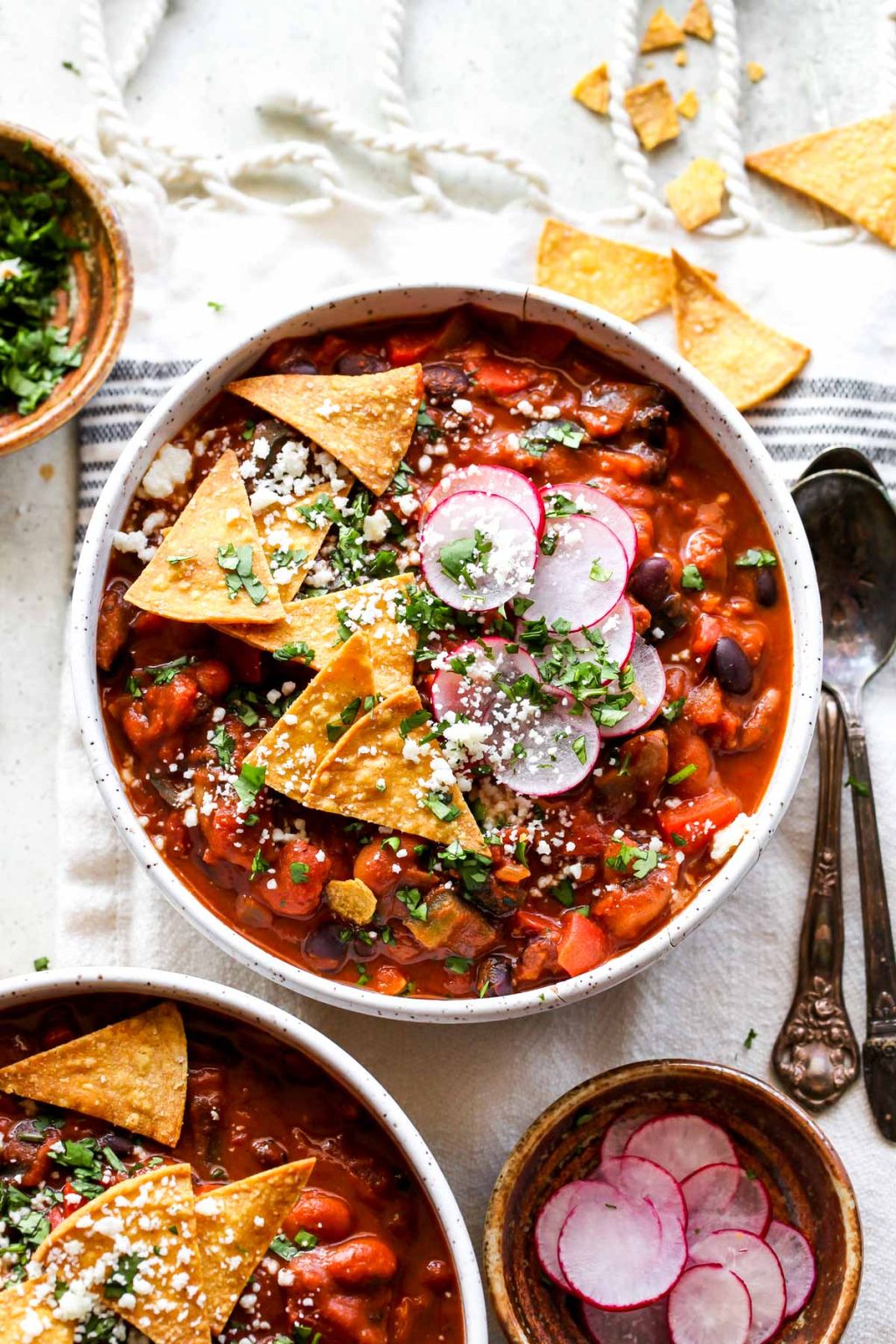Nutrition for Mental Wellness

Mental health is an important aspect of overall wellness. However, this topic often carries a stigma or sense of shame, making it very difficult to talk about or admit there is a problem. Prioritizing mental health can have a profound positive impact on life and increase resilience to handle stress and enhance the ability to connect with others and build relationships. If you or someone you know is experiencing a mental health crisis, you can call or text 988 at any time to reach the Idaho Crisis and Suicide Hotline.
Food security is important to mental health. A literature review published in 2021 found evidence that food insecurity was associated significantly with adults (especially the elderly), parents, people who are chronically ill, and college students.
There are some specific ways that food insecurity can affect mental health.
· Living in poverty can cause anxiety, fear, frustration, and shame with the unknown of when and where the next meal will come from.
· Nutrient deficiencies, which can affect the body’s basic metabolic functions, can be a big factor in declining mental health.
· A decrease in the comfort of social interactions for fear that loved ones will discover a problem and pass judgement.
· Many medications for physical and mental health are required to be taken with food for adequate absorption into the bloodstream to be most effective.
Food insecurity isn’t just lack of access to food, in general, it is also the inability to access healthy and nutrient dense foods that help protect against chronic diseases and malnutrition. Studies show that a Mediterranean Diet and increasing intake of fruits and vegetables correlates with improved mental health.
The Mediterranean Diet encourages the intake of plant-based proteins like beans, lentils, and nuts, often. Many other foods recommended are low-sodium, whole grains that are higher in fiber, a variety of fruits and vegetables, and incorporating some lower fat dairy products.
Here is a recipe that utilizes many pantry staples, provide a balanced meal, and tastes good!
Chile Mole
Prep time: 20 minutes: Servings: 6
Ingredients
· 8 oz. whole wheat spaghetti
· 1 – 14 oz. can low-sodium beef broth
· 2 – 15 oz. cans of corn (or Mexican style corn), no salt added
· 1 – 8 oz. can tomato sauce, no salt added
· 2 – 15 oz. cans kidney beans, low-sodium
· 2 Tablespoon garlic flakes
· 2 Tablespoon chili powder
· 1 Tablespoon unsweetened cocoa powder
· ½ tsp cinnamon
· ¼ tsp allspice
Directions
1. Simmer spaghetti in broth until softened, stirring occasionally.
2. Drain and rinse kidney beans.
3. Open, but do not drain corn.
4. Combine the remaining ingredients in a pot.
5. Add undrained spaghetti. Heat through.
Additional options:
If you have ground turkey or beef on hand, add ½ pound cooked meat to the pot.
Chop vegetables such as carrots, zucchini, or potatoes and add them to the pot to increase the nutritional value and increase the volume of the portions.
Serving size: 1 ½ cups
Total Calories 178
Total Fat 1 g fat
Saturated Fat 0.3 g
Cholesterol 0 mg
Sodium 388 mg
Carbohydrates 36 g
Total Sugars 0 g
Dietary Fiber 4 g
Protein 8 g
Potassium 459 mg
*For base recipe, this will change if additional items are added.


